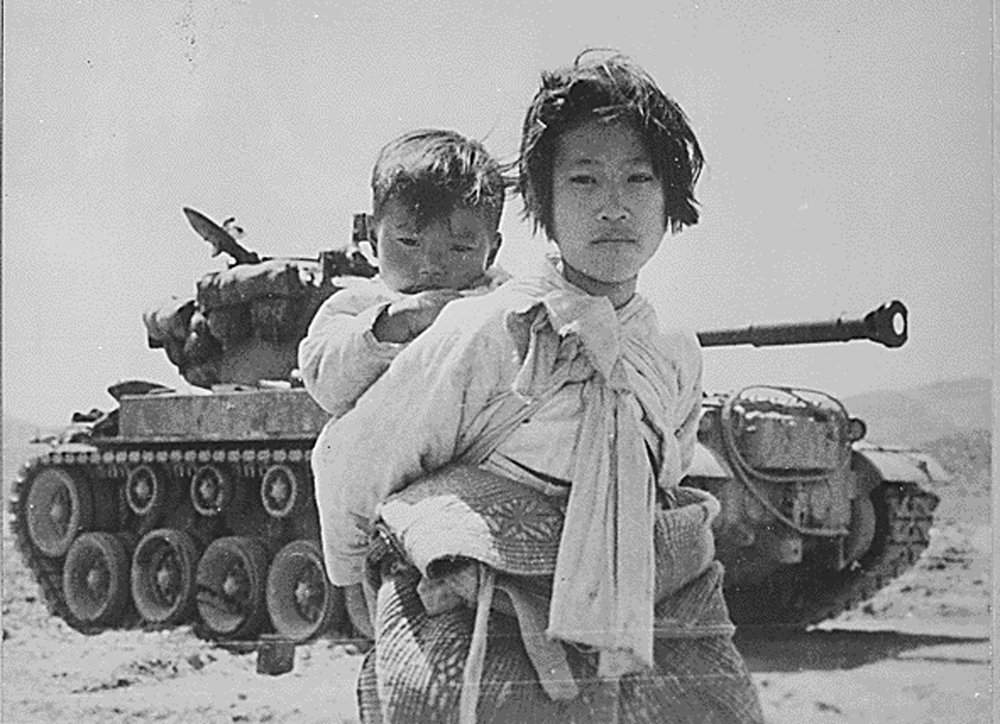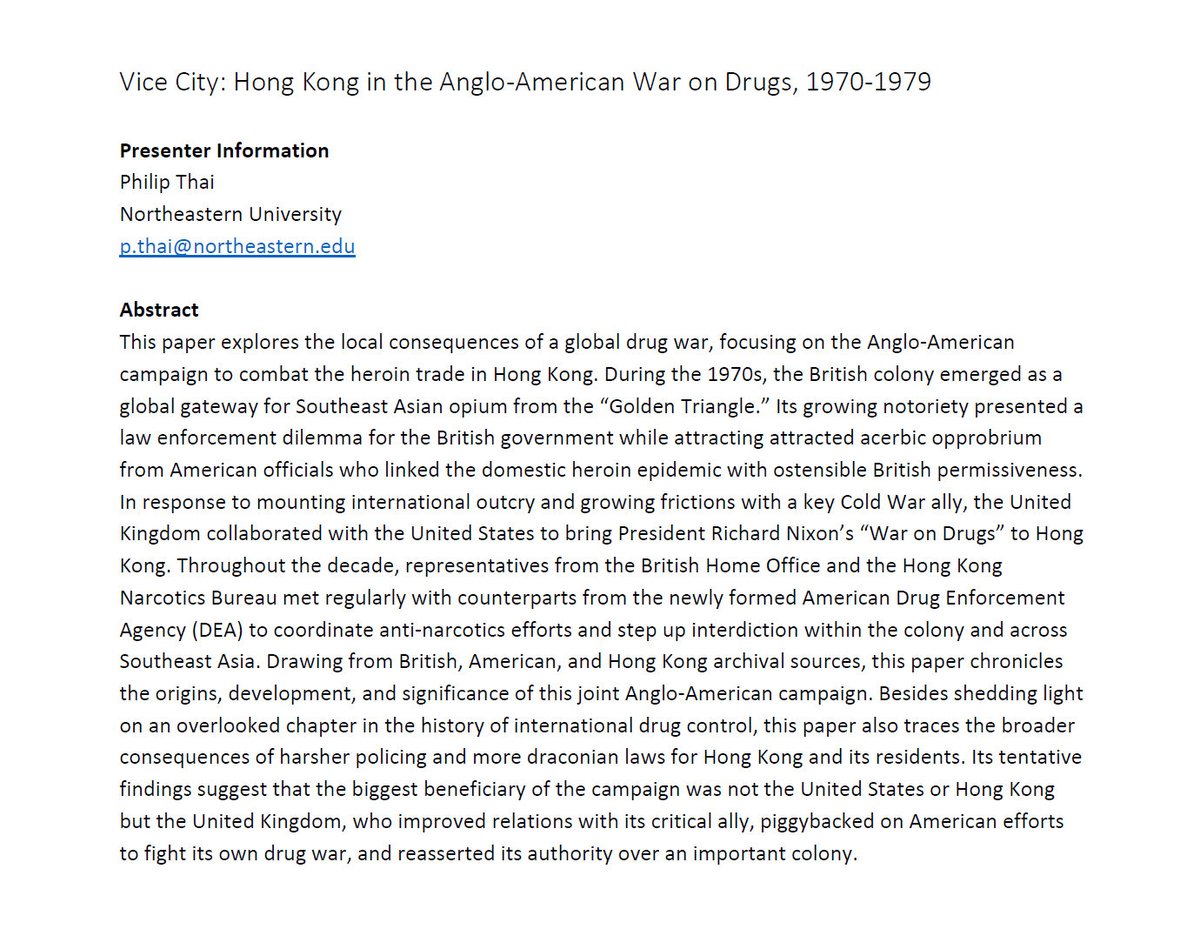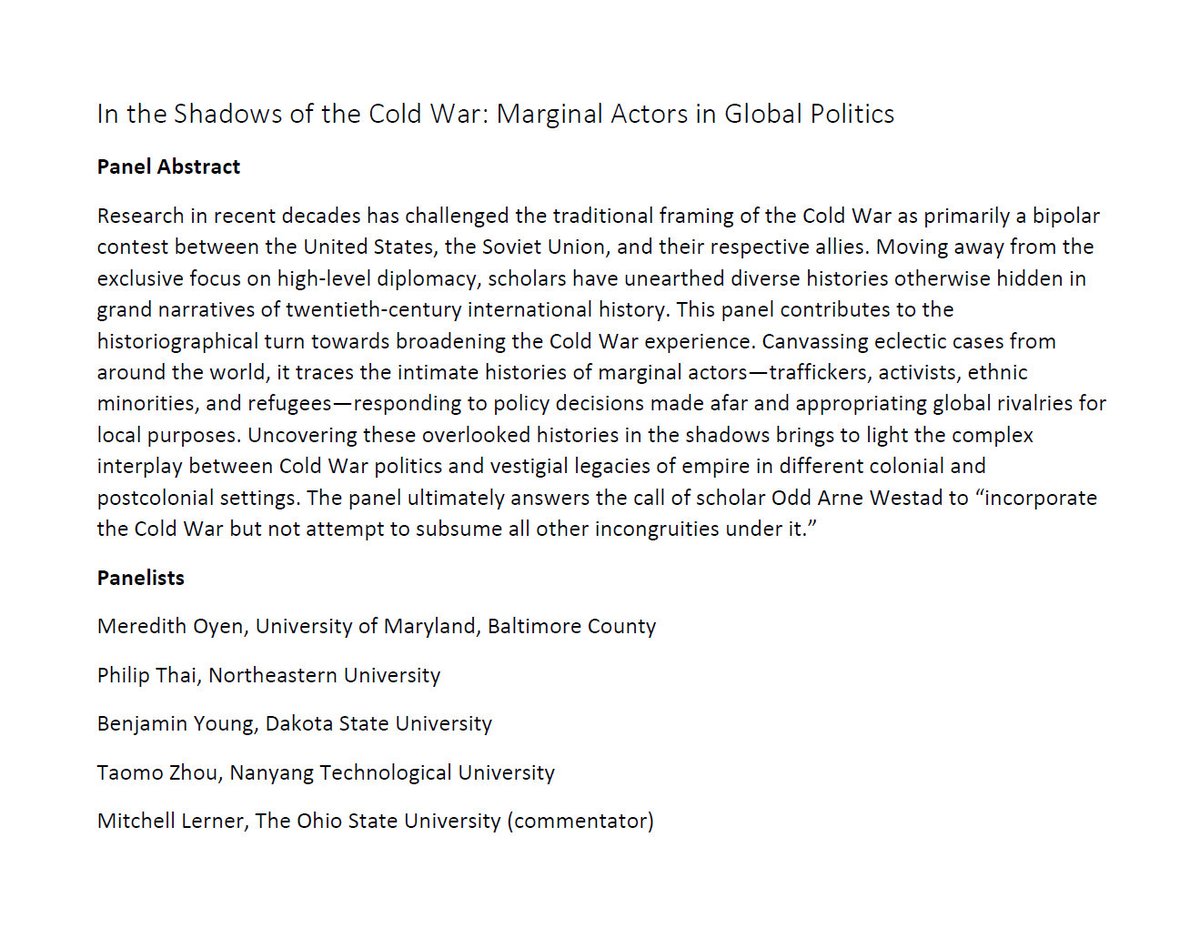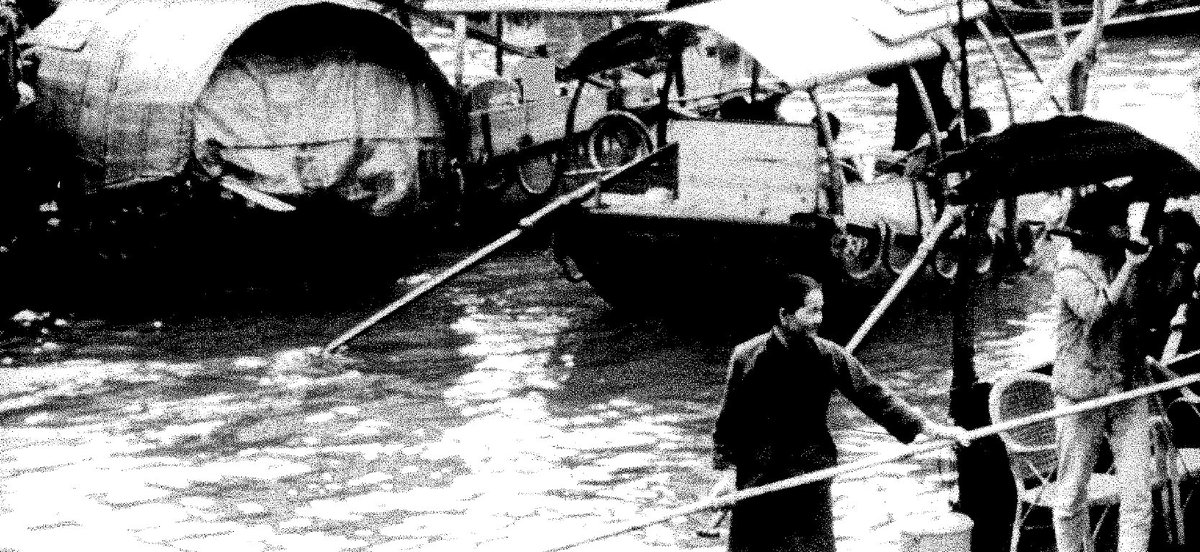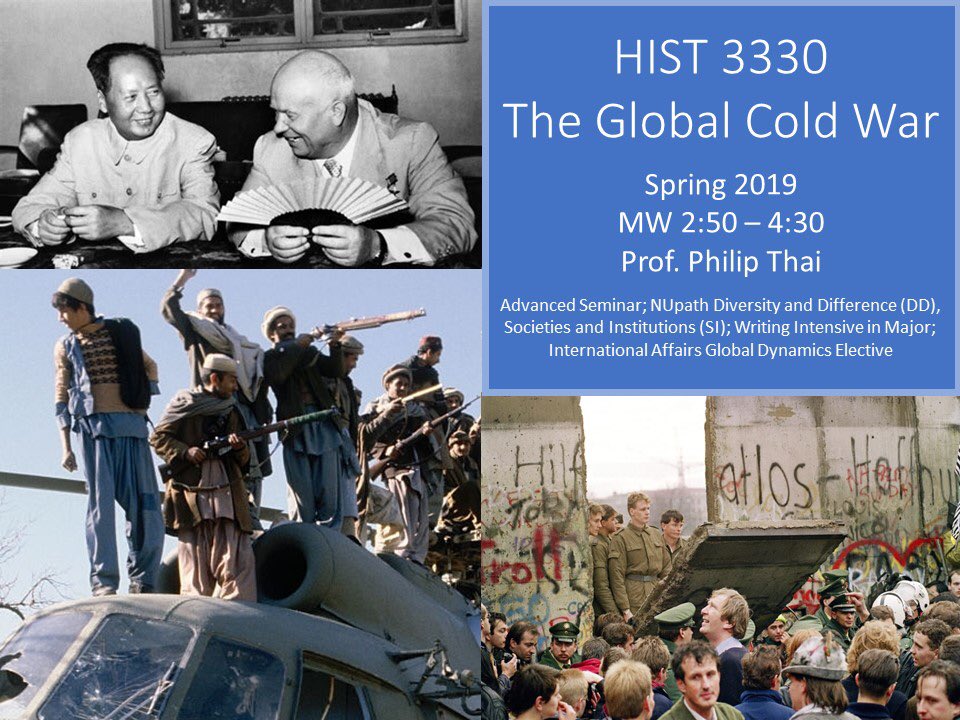
1/ Ezra Vogel’s works have enjoyed wide-ranging and enduring influence. But two of his books were especially helpful to my book on smuggling in China—"One Step Ahead in China” and “Deng Xiaoping and the Transformation of China.” A thread on the influence of his work on my work. 



2/ Smuggling was not his main concern, but Vogel in both books showed how it was a serious problem in the 1980s. Economic reforms stimulated the illicit traffic in watches, TVs, stereos, VCRs, and even cars, depriving the government much-needed revenues and fostering corruption. 


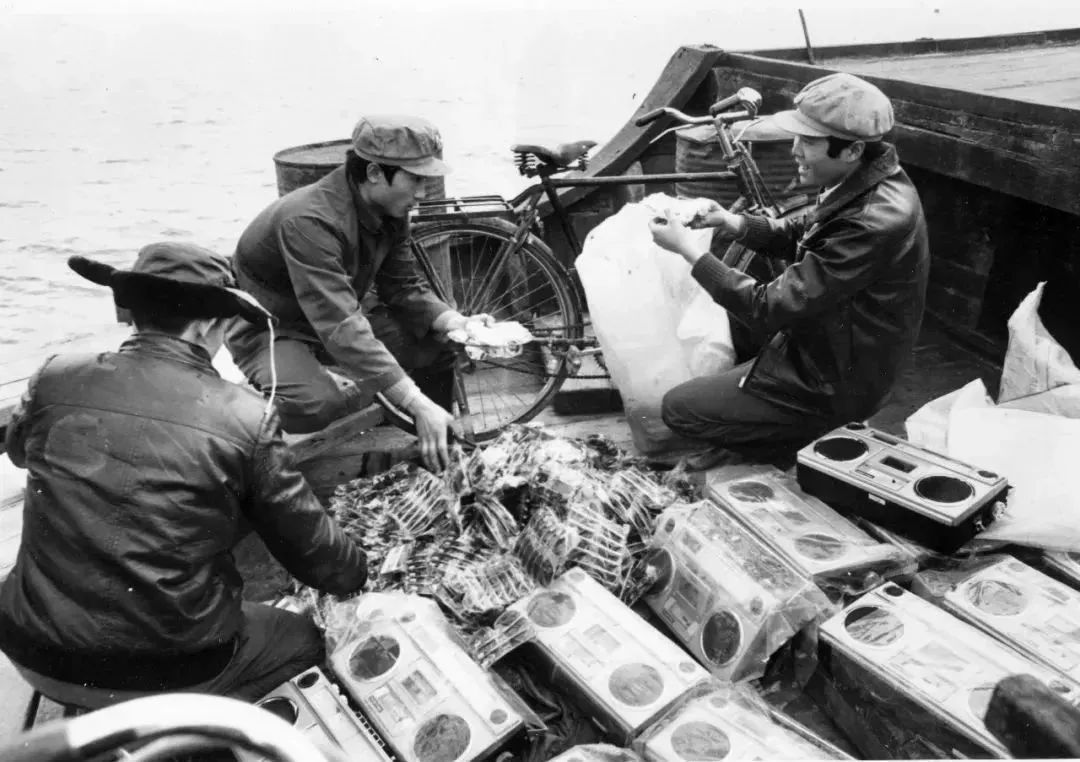
3/ So pervasive was coastal smuggling that a 1982 frontpage story of People’s Daily celebrated a Fujian fishing community for *not* joining its neighbors to smuggle. Abstaining from smuggling during this time, in other words, was more newsworthy than engaging in smuggling itself! 

4/ As Vogel details in both books, smuggling was also a serious political problem. News of sensational cases circulated widely in China, damaging party prestige and tapping into deep-seated anxieties over the pernicious effects of freewheeling commerce.
5/ Furthermore, smuggling split the government. To reformers, smuggling was an inevitable but ultimately minor problem. To conservatives, it embodied the erosion of party discipline and all that was wrong with the reforms: their pace, scale, and even purpose. 
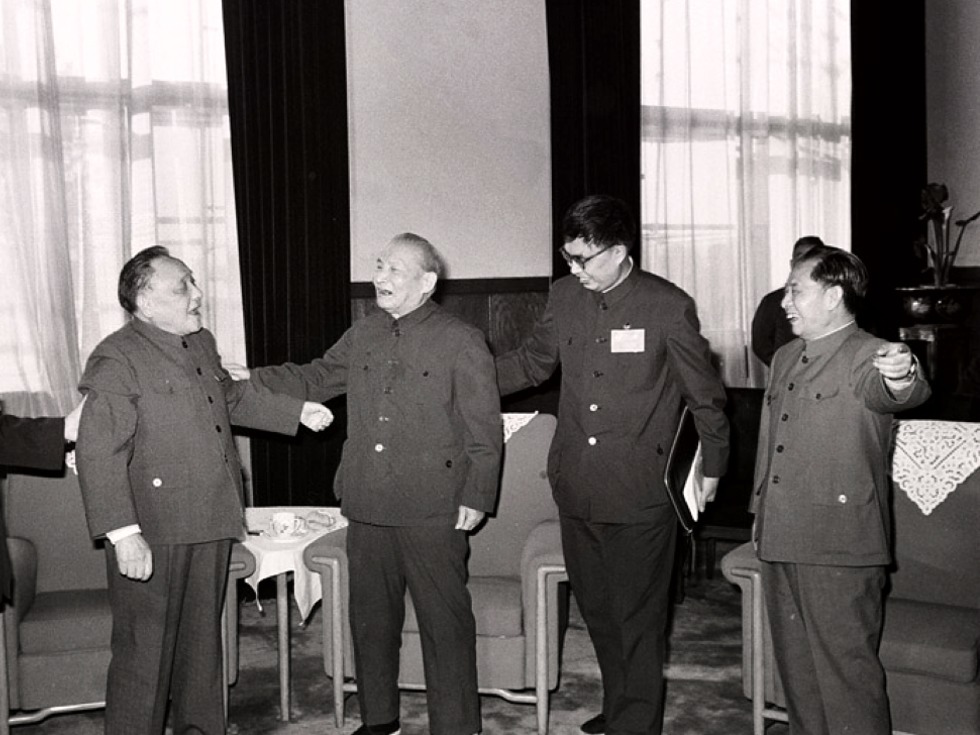
6/ In “Deng Xiaoping,” Vogel describes how conservative discontent reached a boiling point in January 1982. Senior leader Chen Yun, alarmed and incensed at the explosion of economic crimes, summoned officials in charge of reforms in the south back to Beijing for answers. 

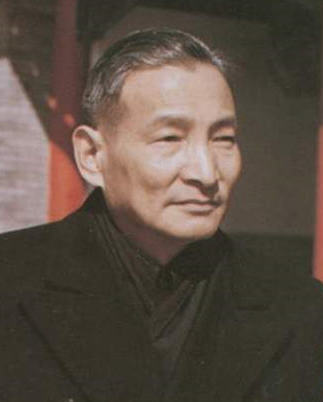
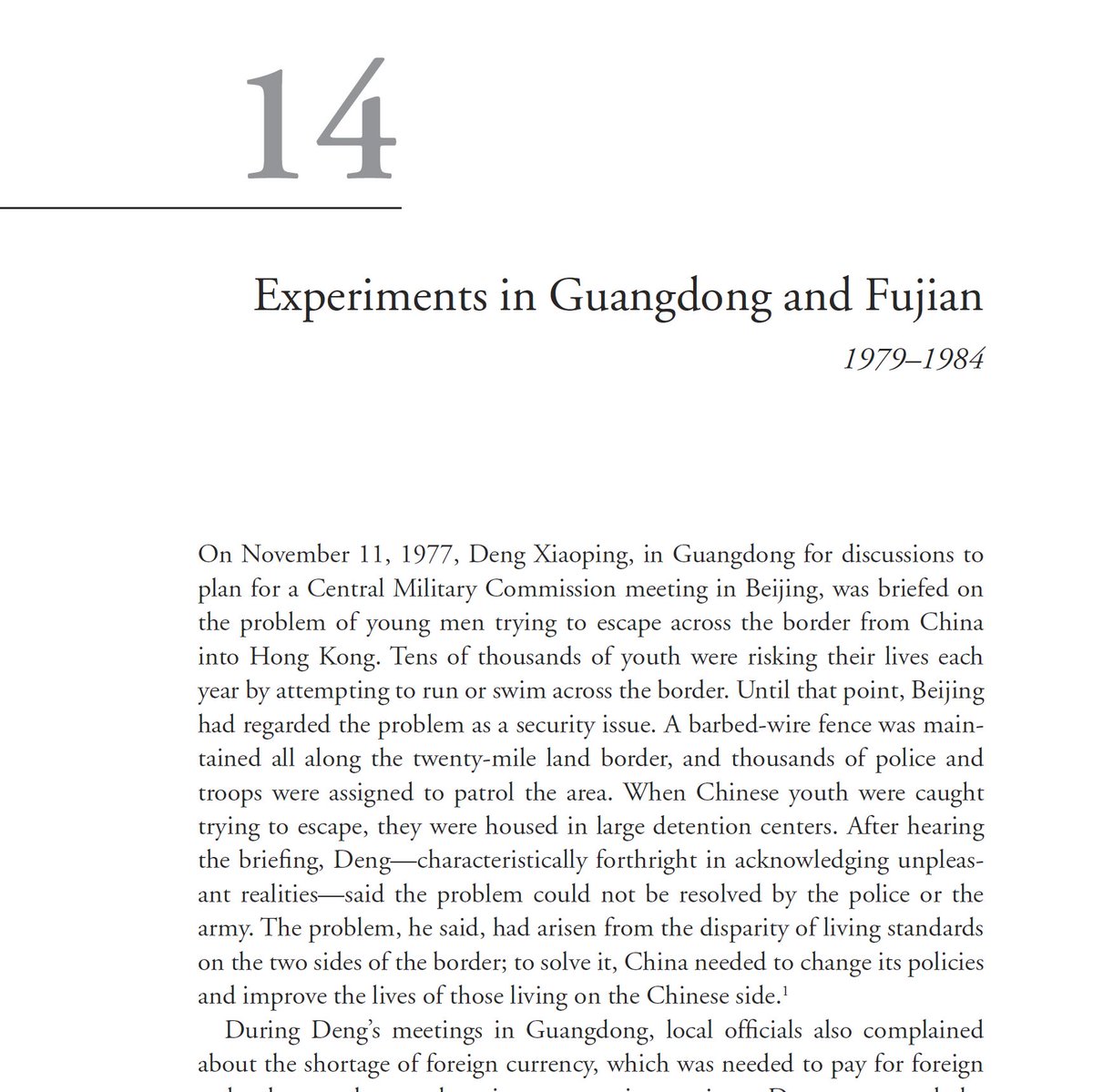
7/ In his hard-hitting report, “Rampant smuggling activities in parts of Guangdong,” Chen declared: “With regard to serious perpetrators of economic crimes, I want to severely punish a few, imprison a few, and even execute those guilty of the most heinous offenses[.]” 
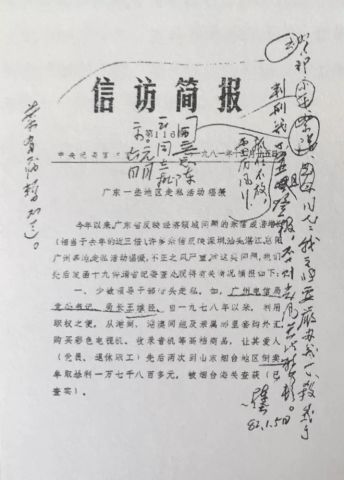
8/ The offenses were so scandalous that that even reformers conceded to their severity. Deng responded by scrawling on the report: 雷厉风行,抓住不放. Or as Vogel translated: "With the power of a thunderbolt and the speed of lightning, grab the issue and don't let go."
9/ Not surprisingly, smuggling became a prime target of virtually all major campaigns in the early reform era, including the Campaign Against Economic Crimes (1982-83), the Anti-Spiritual Pollution Campaign (1983–84), and the Strike Hard Campaign (1983–1984). 
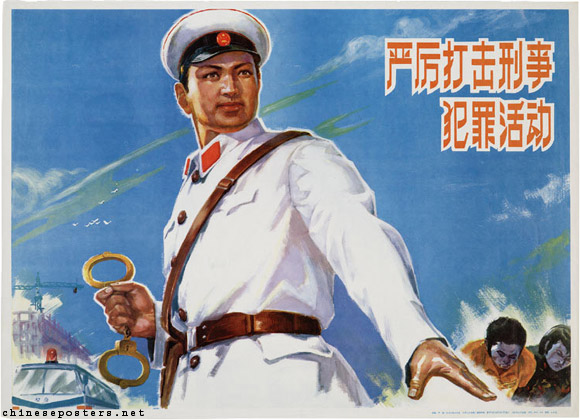
10/ Conservative backlash and public crackdowns never fully derailed economic reforms, but concerns over smuggling undoubtedly exacerbated the volatility in policy swings between reform and retrenchment throughout the 1980s.
11/ Smuggling also sparked widespread apprehension and touched on the most critical questions in the post-Mao era. How much and how fast should China open itself? And what can the government do to engage with the global economy while maintaining control over the domestic economy?
12/ The early reform era smuggling crisis and the political rivalries it sparked are detailed in my book, which drew heavily from Vogel's careful research. This is just one example of “standing on the shoulders of giants,” and given Vogel’s extensive work, I know I am not alone!
• • •
Missing some Tweet in this thread? You can try to
force a refresh

